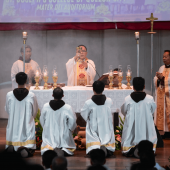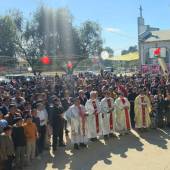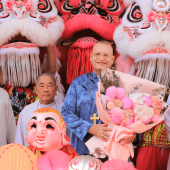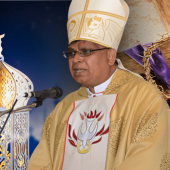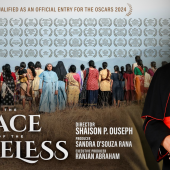Conference of Major Superiors in the Philippines Opens 45th Joint Biennial Convention
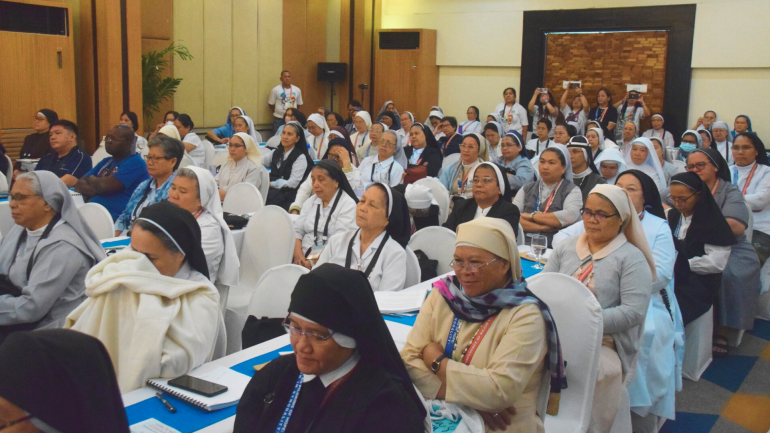
The Conference of Major Superiors in the Philippines (CMSP) has opened its 45th Joint Biennial Convention in Cebu City, running from September 1–5 with the theme “Consecrated Persons as Pilgrims of Hope.”
“One of the greatest gifts God has given us is hope. It gives us the ability to look at any situation and know that regardless of how it may appear, God is going to come through,” said Sr. Cecillia Espenillia, OP, CMSP co-chairperson, in her opening message.
She emphasized that the convention is a graced moment of communion, mission, and prophetic witness, as religious men and women from across the country gather to celebrate, discern, and journey together.
Over the five-day event, participants will deliberate on pressing issues and challenges affecting both society and the Church in the Philippines.
CMSP is composed of two associations: the Association of Major Religious Superiors of Men in the Philippines (AMRSMP) and the Association of Major Religious Superiors of Women in the Philippines (AMRWSP). These were established in 1955 at the behest of Pope Pius XII to provide Catholic religious congregations a venue to coordinate concerns and share resources, both human and financial.
Today, CMSP continues to build responsive and effective structures and programs that foster mutual growth and development among its members and the communities they serve. It is committed to helping the poor and marginalized regain their dignity and become partners in transformation.
The conference also aims to strengthen a synodal Church, fostering greater openness, cooperation, and collaboration among consecrated persons in the Philippines in their shared mission of evangelisation.
Radio Veritas Asia (RVA), a media platform of the Catholic Church, aims to share Christ. RVA started in 1969 as a continental Catholic radio station to serve Asian countries in their respective local language, thus earning the tag “the Voice of Asian Christianity.” Responding to the emerging context, RVA embraced media platforms to connect with the global Asian audience via its 21 language websites and various social media platforms.









